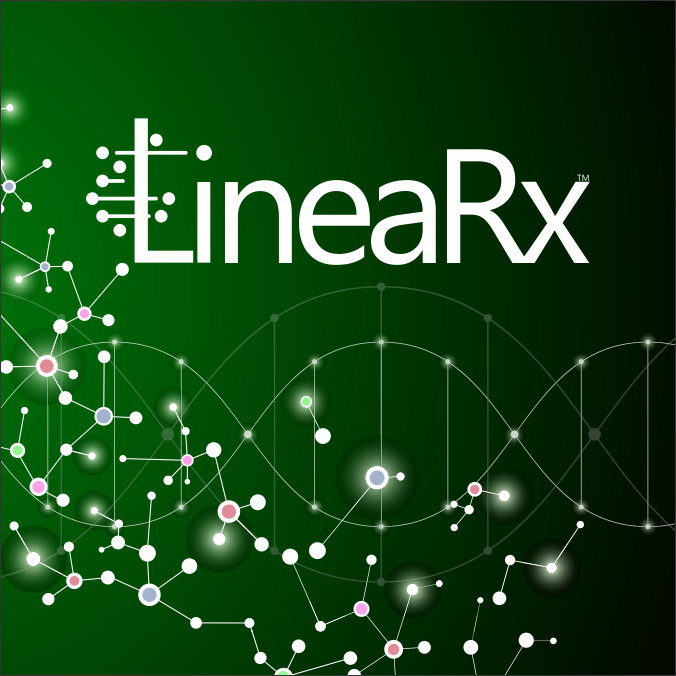Applied DNA Presenting Linear DNA for Gene Therapy at Boston Immuno-Oncology Summit
High-Expression Amplicons Facilitate Non-Recombinant Gene Therapies Hold the Potential to Serve as an Alternative to Plasmids and Viral Vectors
STONY BROOK N.Y., August 27, 2018 – Applied DNA Sciences Inc., (NASDAQ: APDN, “Applied DNA,”), the leader in large-scale PCR-based DNA manufacturing, will present a poster entitled “Linear DNA High-Expression Amplicons (HEAs) for Gene Therapy” at the 6th Annual Immuno-Oncology Summit in Boston at the Seaport World Trade Center, August 28-30, 2018. The Company will exhibit its patent-pending HEA technology at booth 301, where it will offer its Contract Research and Contract Manufacturing services to Summit attendees. The Summit brings together a unique and international mix of large and medium pharmaceutical and biotech companies, leading universities and clinical research institutions, government and national labs, CROs, emerging companies and tool providers with a dedicated focus on next-generation immunotherapy programs.
The term “linear” in this context refers to the physical form of highly purified DNA as produced by polymerase chain reaction or PCR, the platform upon which Applied DNA is founded. In contrast, the traditional methods of producing DNA in the larger quantities required by biotherapeutics have employed plasmids, the extrachromosomal circular DNA found in bacteria. Plasmids are best known as the DNA form by which the genes for antibiotic resistance are exchanged between bacteria.
A fundamental challenge of gene therapy is the development of safe and effective delivery vectors. Most of the more than 2,600 current clinical trials in gene therapy are virally mediated. However, viral vectors have risks stemming from potential allergic responses and the consequences of permanent alterations to the cellular genome. Recently, our PCR-produced linear DNA in high-expression amplicons, demonstrated successful expression both in cell lines in vitro, and in vivo. When linear DNA enters the nucleus, it does not need to be incorporated into the genome in order to be temporarily expressed as the intended protein product. In order to elicit the biological response intended by genetic vaccines or genetic immune therapies, transient expression may be sufficient. “We believe this shift in the therapeutic mechanism can improve the outcome for many gene therapies,” commented Dr. Stephen Hughes, Director of DNA Programs at Applied DNA.
Linear DNA high-expression amplicons, a product of Applied DNA’s effort in synthetic genomics, have the potential to become a viable alternative to plasmids and to viral vectors for delivery of the required gene therapy constructs because:
- Synthetic vehicles have lower risks of unwanted immunogenicity than viral vectors,
- Patients should have less pre-existing immunity to a synthetic DNA than would be the case with some viral delivery systems, thus lessening the risk of allergic response,
- HEAs allow incorporation of long DNA sequences in multi-gene cassettes,
- HEAs are easier to synthesize than viral vectors,
- HEAs contain no bacterial plasmid contaminants or sequences of prokaryotic origin such as the genes for antibiotic resistance, and,
- HEAs can be used to introduce nucleic acid end-modifications and bioconjugate chemistry (not generally attainable in plasmids or viral vectors) to facilitate their uptake, stability and expression in cells.
Applied DNA will offer access to a unique portfolio of patented and proprietary technologies, such as those that increase the expression of therapeutic or endogenous genes and improve the circulating lifetimes and efficiencies of the protein products of gene therapies. By supplying value-adding technology to existing and new DNA and RNA therapeutics via its HEA technology, Applied DNA can offer improvements to its customers’ therapeutics.
About Applied DNA Sciences
Applied DNA is a provider of molecular technologies that enable supply chain security, anti-counterfeiting and anti-theft technology, product genotyping and DNA mass production for diagnostics, personalized medicine and therapeutics.
Applied DNA makes life real and safe by providing innovative, molecular-based technology solutions and services that can help protect products, brands, entire supply chains, and intellectual property of companies, governments and consumers from theft, counterfeiting, fraud and diversion. The proprietary DNA-based “CertainT®” platform can be used to identify, tag, test, and track products, to help assure authenticity, origin, traceability, sustainability and quality of products.
SigNature® DNA describes the core technology ingredient that is at the heart of a family of uncopiable, security and authentication solutions, targeted a wide range of industries, including but not limited to, pharmaceuticals and nutraceuticals, textiles and defense materials, and DNAnet®, for anti-theft and loss prevention, and digitalDNA®, providing powerful track-and-trace. Our products provide a forensic chain of evidence in large commercial ecosystems.
Visit adnas.com for more information. Follow us on Twitter and LinkedIn. Join our mailing list.
Forward-Looking Statements
The statements made by Applied DNA in this press release may be “forward-looking” in nature within the meaning of the Private Securities Litigation Act of 1995. Forward-looking statements describe Applied DNA’s future plans, projections, strategies and expectations, and are based on assumptions and involve a number of risks and uncertainties, many of which are beyond the control of Applied DNA. Actual results could differ materially from those projected due to our history of losses, limited financial resources, limited market acceptance, shifting enforcement priorities of US federal laws relating to cannabis, and various other factors detailed from time to time in Applied DNA’s SEC reports and filings, including our Annual Report on Form 10-K filed on December 28, 2017and our subsequent quarterly reports on Form 10-Q filed on February 8, 2018, May 3, 2018 and August 13, 2018, which are available at www.sec.gov. APDN undertakes no obligation to update publicly any forward-looking statements to reflect new information, events or circumstances after the date hereof to reflect the occurrence of unanticipated events, unless otherwise required by law.
Investor contact: Sanjay M. Hurry, 212-838-3777, LHA Investor Relations, shurry@lhai.com
media contact: Cheryl Schneider, Dian Griesel Int’l, 212-825-3210, cschneider@dgicomm.com
program contact: Brian Viscount, Director, Product Management, 631-240-8877
web: www.adnas.com
twitter: @APDN

